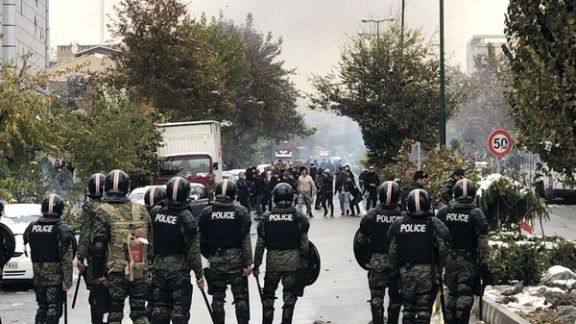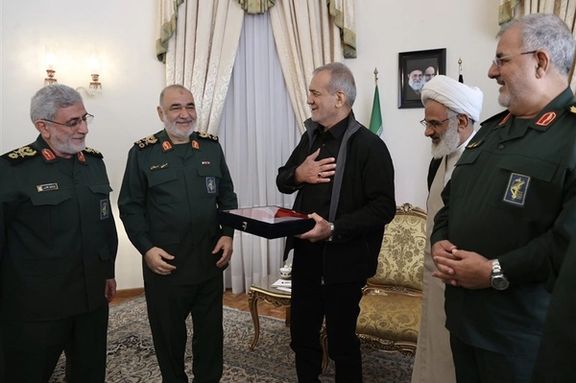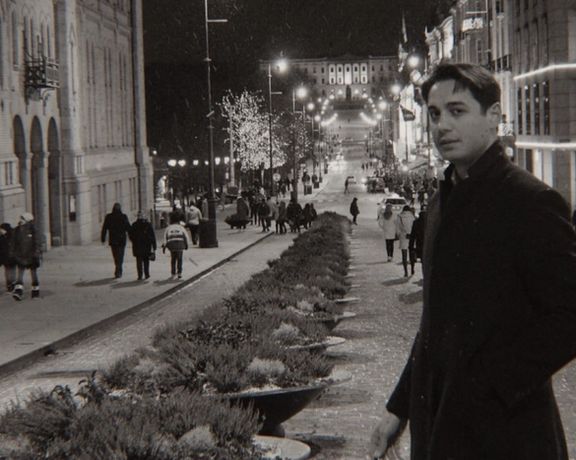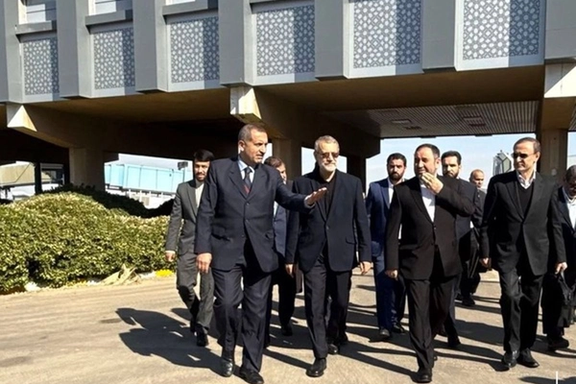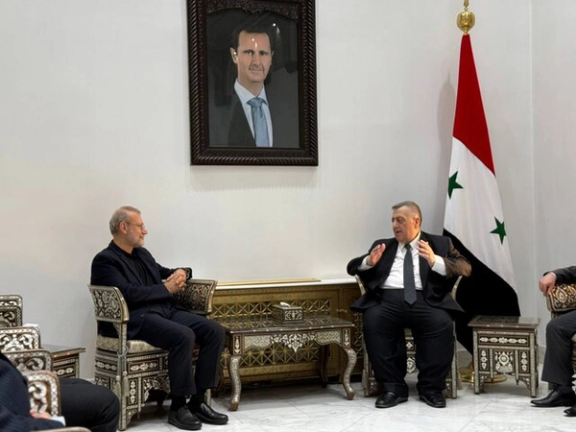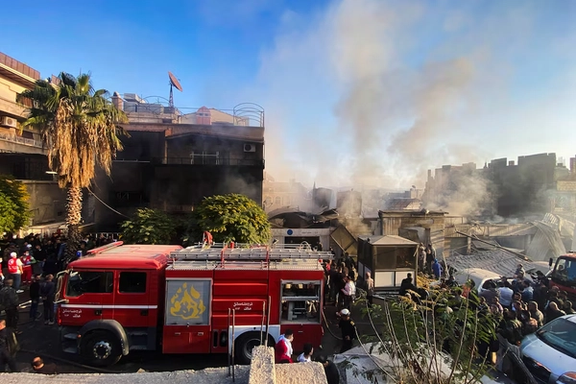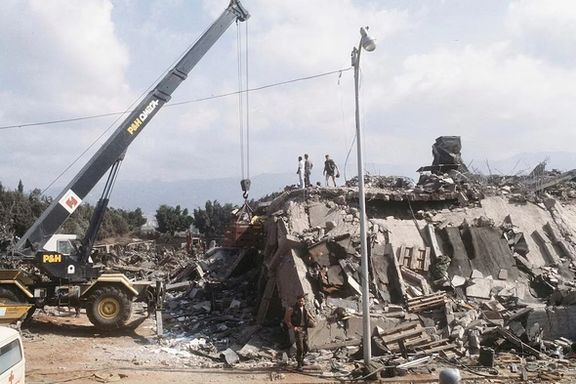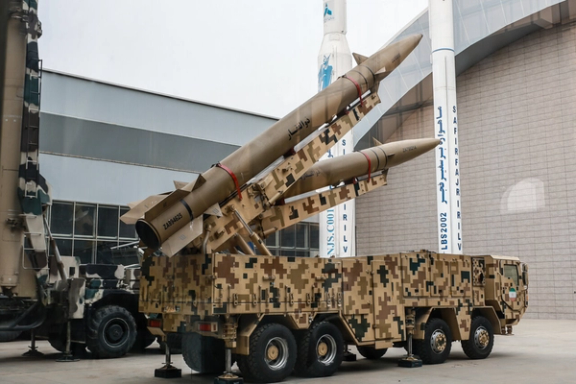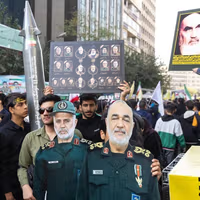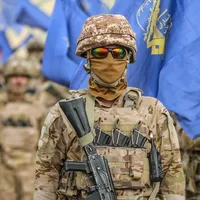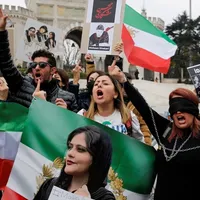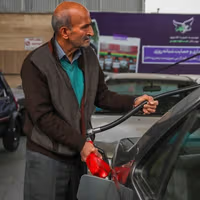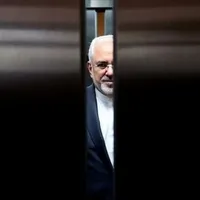“Not a single official has yet to be held accountable for the lethal state force that killed hundreds if not over a thousand protesters,” the independent non-profit said on Wednesday.
The 2019 protests erupted in November in response to a sudden fuel price hike and were met with live ammunition, heavy weaponry, and widespread arrests.
Security forces enacted a shoot-to-kill policy on orders from the highest levels, including Iran’s Supreme Leader, who instructed officials to “do whatever it takes to end it” according to a report at the time by Reuters.
The crackdown resulted in the deaths of at least 1,500 people, according to the same report, and a nationwide internet blackout to prevent the full extent of the killings from being exposed.
CHRI warned that impunity for Iranian authorities has fueled further bloodshed, including the 2022 “Woman, Life, Freedom” protests sparked by the death of Mahsa Amini in morality police custody in which security forces killed over 500 protestors.
“The Islamic Republic has learned it can commit mass murder with little cost, and so it does it again and again,” said CHRI Executive Director Hadi Ghaemi.
The group has called on the UN to launch an inquiry into the events of November 2019, urging international action to address what it called persistent use of lethal force against civilians and systematic targeting of families seeking justice.
Member states are also encouraged to pursue Iranian officials implicated in these abuses under universal jurisdiction if they enter foreign territories.
Ongoing imprisonment and death sentences for protesters
The Iranian government has continued to prosecute and sentence 2019 protesters and has increasingly resorted to capital punishment as a means of silencing dissent, CHRI said in their report.
In September 2024, Iranian boxing champion Mohammad Javad Vafaei-Sani was sentenced to death for his involvement in the protests, despite a previous Supreme Court ruling overturning his sentence. Another protester, Abbas Deris, also faces execution following a conviction reportedly based on coerced confessions.
Additionally in August this year, Matin Hassani, who lost an eye in the protests, was summoned to serve a 31-month prison sentence for supporting victims' families and seeking justice.
Families face persecution
CHRI highlighted that the families of those killed in 2019 have faced continuous harassment, arrests, and imprisonment for their efforts to pursue justice.
Earlier in October this year, Farzad Moazami Goudarzi, cousin of slain protester Reza Moazami Goudarzi, was sentenced to five years in prison on charges of “assembly and collusion against national security.”
Meanwhile two mothers of slain protesters, Mahboubeh Ramezani and Rahimeh Yousefzadeh, received 18-month prison sentences in September on charges including “propaganda against the regime,” “membership in the Mothers of November 2019 Victims group” and “insulting the Supreme Leader.”
The family of Pouya Bakhtiari, a protester killed in 2019, has faced similar reprisals.
His father Manouchehr received an 18-year sentence earlier this year, while his mother, Nahid Shirpisheh, is currently serving a five-year term. Authorities have also detained Pouya’s uncle, Arian Shirpisheh, and assaulted another uncle, Mehrdad Bakhtiari, following their public appeals for justice.
Speaking on the lack of accountability, Soran Mansournia, a member of the Aban Families for Justice, and whose brother Borhan was killed during the protests, stressed the urgent need for a UN investigation to investigate: “Five years have passed, and we are still unsure about the most important issue—how many people were killed?"
It requires a collective will, a collective demand, to truly uncover the unseen aspects of November 2019," he added. "We are dealing with an impoverished social class that does not have the means to share their suffering—a group that does not have access to media or to the outside world.”
